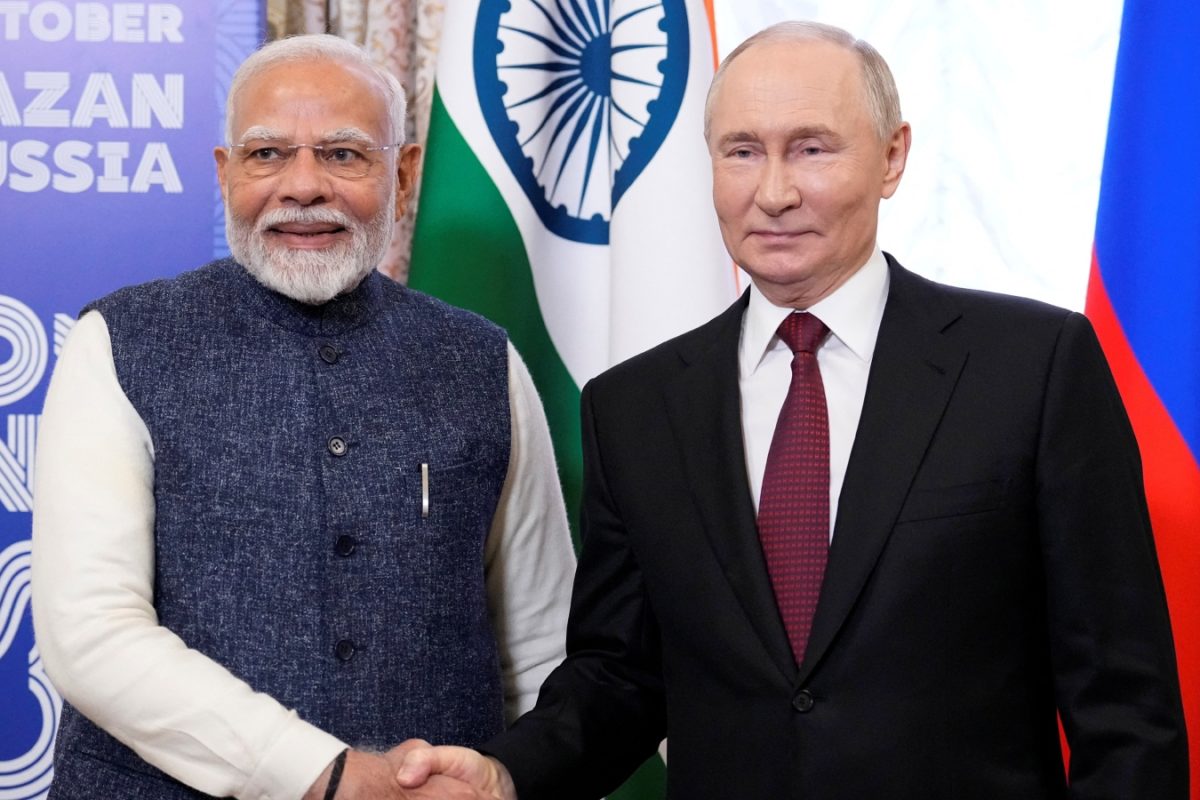

Amidst evolving geopolitical dynamics and economic considerations, a new report indicates that Indian refiners are continuing to purchase Russian oil, even as U.S. President Donald Trump has commented on a possible pause in these imports. This situation unfolds against a backdrop of fluctuating discounts on Russian crude, new tariffs imposed by the United States on Indian goods, and ongoing pressure on countries to reduce their energy dependence on Russia.
Recently, U.S. President Donald Trump stated that he had heard India might no longer be buying oil from Russia, calling it a "good step". However, sources within the Indian government have refuted this claim, stating that Indian oil refiners' supply decisions are based on price, crude grade, inventory levels, logistics, and other economic factors. The Ministry of External Affairs (MEA) has also clarified that India's energy purchases are guided by market dynamics and national interests, and they are unaware of any specific developments regarding Indian oil companies pausing Russian imports.
Several factors influence India's position. Firstly, Russia is a major global crude oil producer and exporter. After the Ukraine conflict began in 2022, India, the world's third-largest oil importer, increased its Russian oil imports due to discounted prices. This helped Russia offset losses from European markets. In July 2025, Russian oil constituted approximately 33% of India's crude oil imports.
However, reports indicate a recent shift in purchasing patterns. It's been reported that state-owned Indian refiners, including Indian Oil Corporation (IOC), Hindustan Petroleum, Bharat Petroleum, and Mangalore Refinery and Petrochemicals, have paused Russian crude oil purchases in the spot market. This pause is attributed to narrowing discounts on Russian crude and President Trump's warning that countries purchasing Russian oil could face tariffs. Trump has also imposed a 25% tariff on Indian goods, citing India's trade ties with Russia.
Despite the pause by state refiners, private refiners like Reliance Industries and Nayara Energy continue to import Russian oil. Also, there are reports of at least four oil tankers carrying Russian crude idling off India's western coast, indicating some disruption and uncertainty in the supply chain.
India has the option to replace Russian oil with supplies from the Middle East, West Africa, and the United States. Some refiners are turning to the spot market to fill supply gaps. To meet the supply deficit, India is substituting Russia with alternative sources, including Middle Eastern oil such as Abu Dhabi's Murban and West African oil.
The situation remains fluid, influenced by economic factors, geopolitical pressures, and the evolving relationship between India, Russia, and the United States.